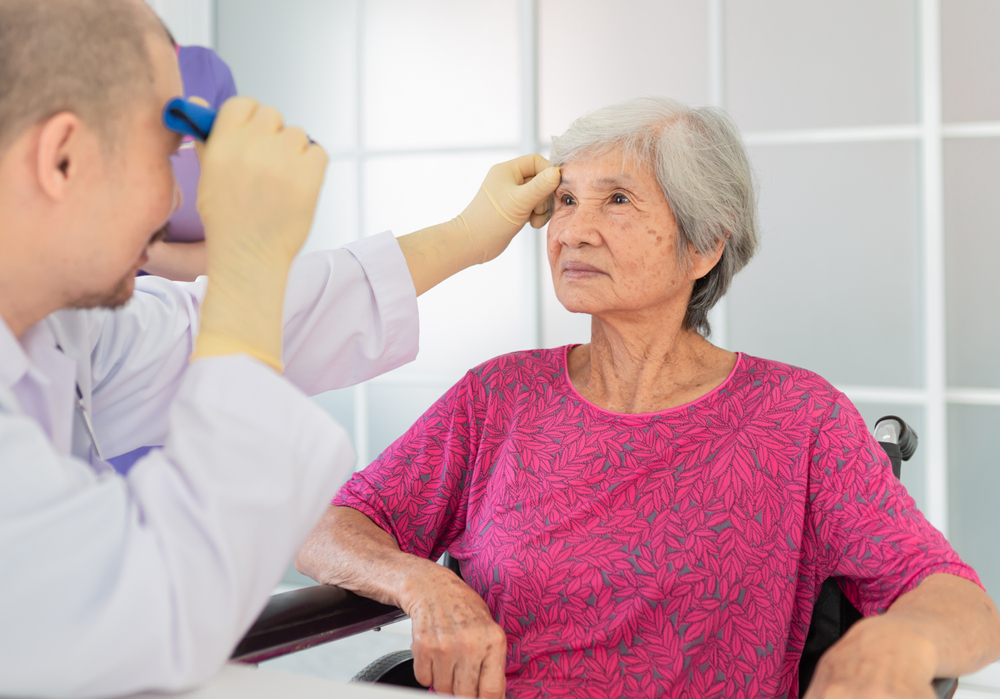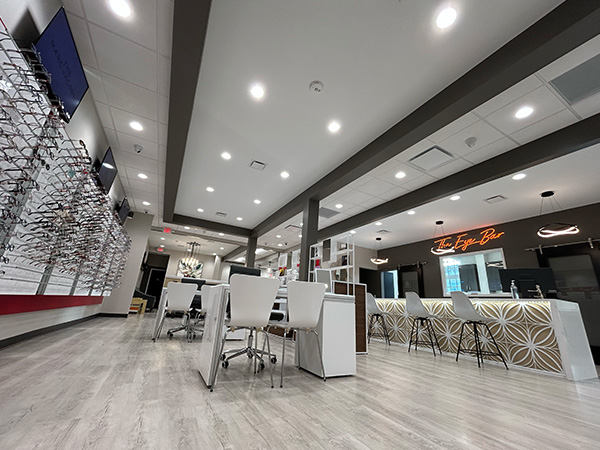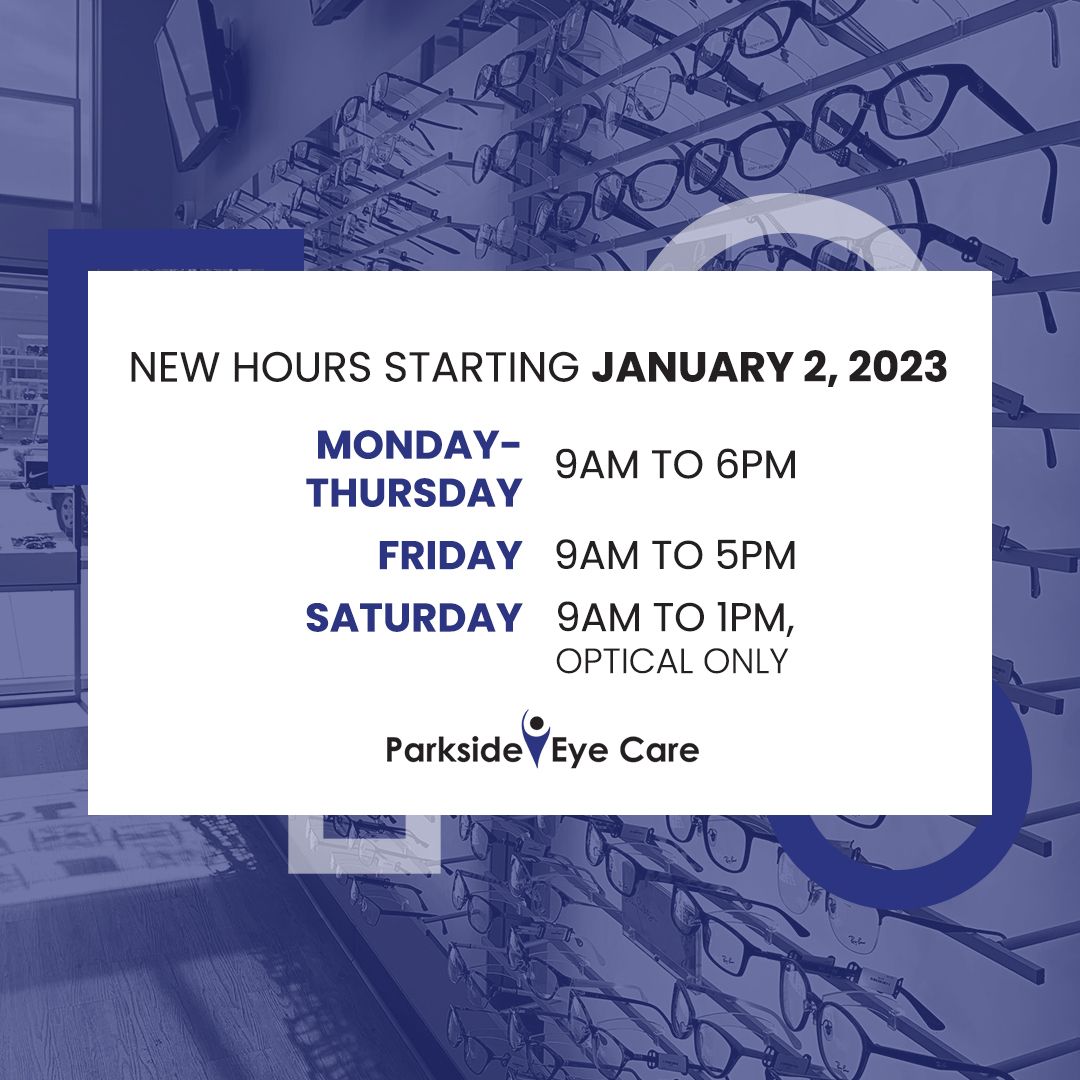
Cataracts are a common eye condition that can greatly impact one's vision. They occur when the lens of the eye becomes cloudy, causing blurry or hazy vision. Cataracts can occur in one or both eyes and can develop gradually over time.
Causes and Risk Factors of Cataracts
Age is the most common factor contributing to the development of cataracts. The lens of the eye naturally becomes less flexible and less transparent as we get older, leading to the formation of cataracts. However, other risk factors can increase the likelihood of developing cataracts at an earlier age. These include smoking, excessive alcohol consumption, prolonged exposure to sunlight without proper eye protection, certain medications like corticosteroids, and medical conditions such as diabetes or high blood pressure.
It's important to note that while cataracts are more common in older adults, they can affect people of all ages. Certain genetic disorders, eye injuries, or previous eye surgeries can also increase the risk of developing cataracts earlier in life. Understanding these risk factors and taking appropriate preventive measures can help reduce the likelihood of developing cataracts.
The Impact of Cataracts on Vision
Cataracts can have a significant impact on a person's vision. As the lens becomes cloudier, it becomes increasingly difficult for light to pass through, resulting in blurred vision. This blurriness can make it challenging to read or perform tasks that require clear vision. Additionally, cataracts can cause increased sensitivity to glare, making it uncomfortable to be in bright environments or drive at night. Colors may also appear faded or less vibrant, which can affect one's ability to appreciate and distinguish between different hues.
The Importance of Cataract Screenings
Regular cataract screenings are crucial for maintaining good eye health, especially for adults and seniors. Although cataracts may not cause noticeable symptoms in the early stages, routine screenings can help detect their presence and monitor their progression. Early detection allows for timely intervention and can prevent further deterioration of vision.
Cataract screenings involve a thorough examination of the eyes by an optometrist. They may include visual acuity tests, dilated eye exams, and other assessments to evaluate the health of the eyes and detect any signs of cataracts. These screenings are painless and non-invasive, providing valuable information about the condition of the lenses and the overall health of the eyes.
Cataract Screening Guidelines for Adults and Seniors
The American Academy of Ophthalmology recommends that adults over the age of 40 have a comprehensive eye examination every two to four years. However, for individuals at higher risk of developing cataracts, such as those with diabetes or a family history of cataracts, more frequent screenings may be necessary. Once cataracts are detected, the frequency of screenings may increase to monitor their progression and determine the appropriate time for surgical intervention.
For seniors aged 65 and older, the American Optometric Association recommends annual eye examinations to screen for cataracts and other age-related eye conditions. Seniors are more susceptible to cataracts due to the natural aging process, and regular screenings can ensure early detection and prompt treatment if necessary.
Don't wait for noticeable symptoms to arise before seeking a screening. Regular screenings can detect cataracts in their early stages, allowing for proactive management and preserving your vision for years to come.
Schedule Your Cataract Screening with Parkside Eye Care Today
Cataracts can have a significant impact on the vision and quality of life of adults and seniors. Understanding the causes, risk factors, and impact of cataracts on vision is crucial for early detection and timely intervention. Regular cataract screenings, in accordance with the recommended guidelines, are essential for maintaining good eye health and detecting cataracts at an early stage. By consulting with an optometrist, you can ensure that your eyes receive the care they need and preserve your vision for years to come.
Schedule a cataract screening with our optometrist to ensure early detection and proper management of cataracts, visit Parkside Eye Care at our office in Cary, North Carolina. Call (919) 883-9987 to book an appointment today.














